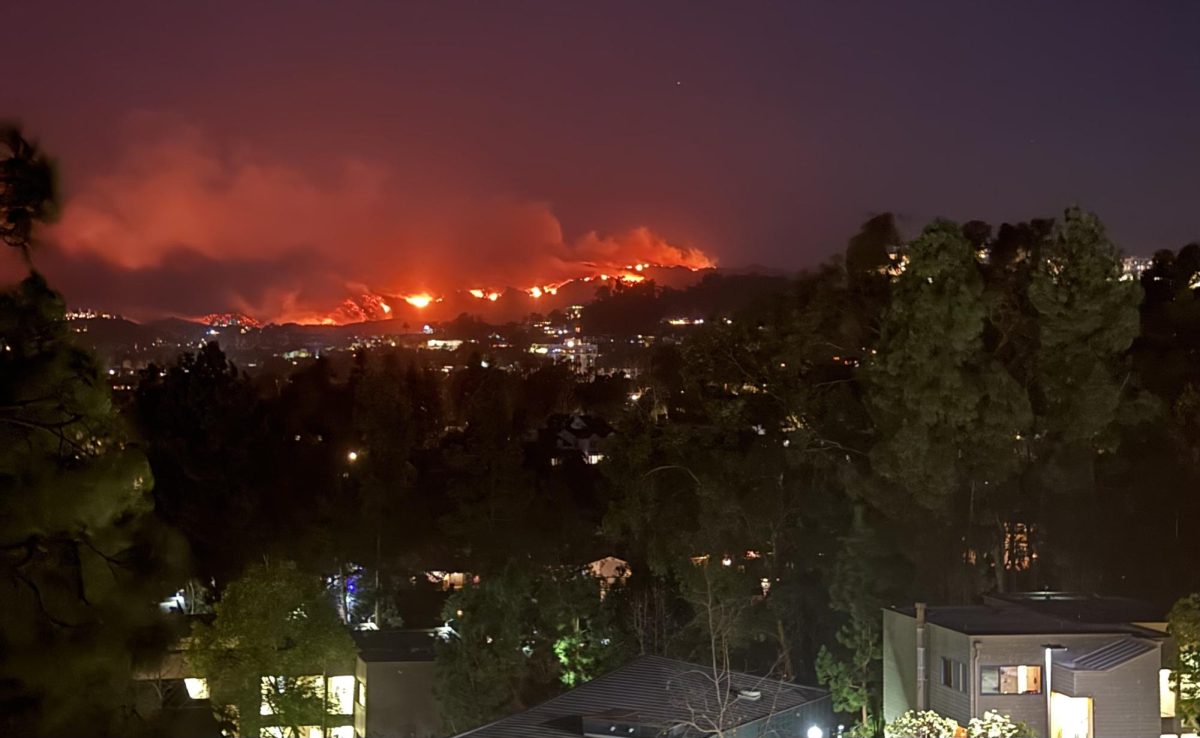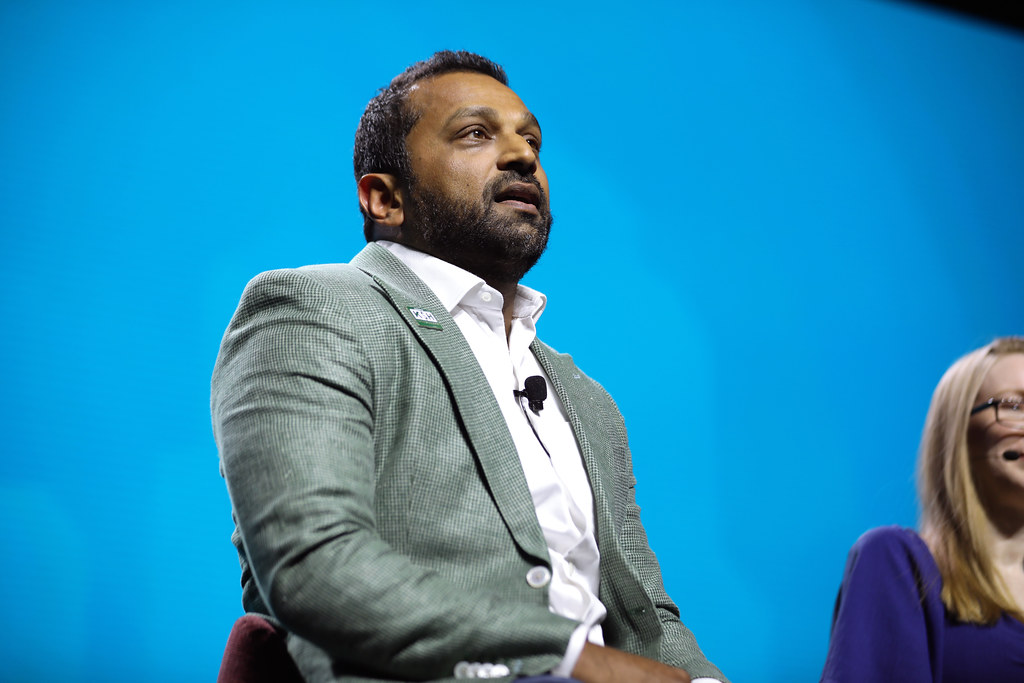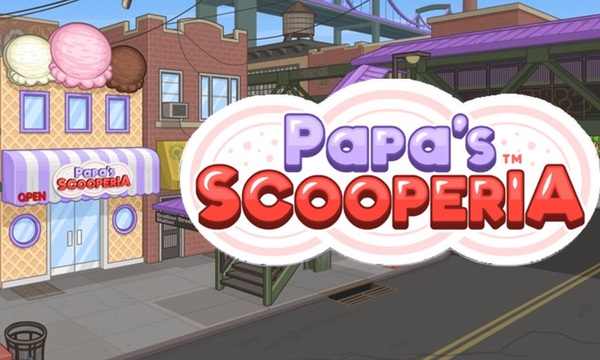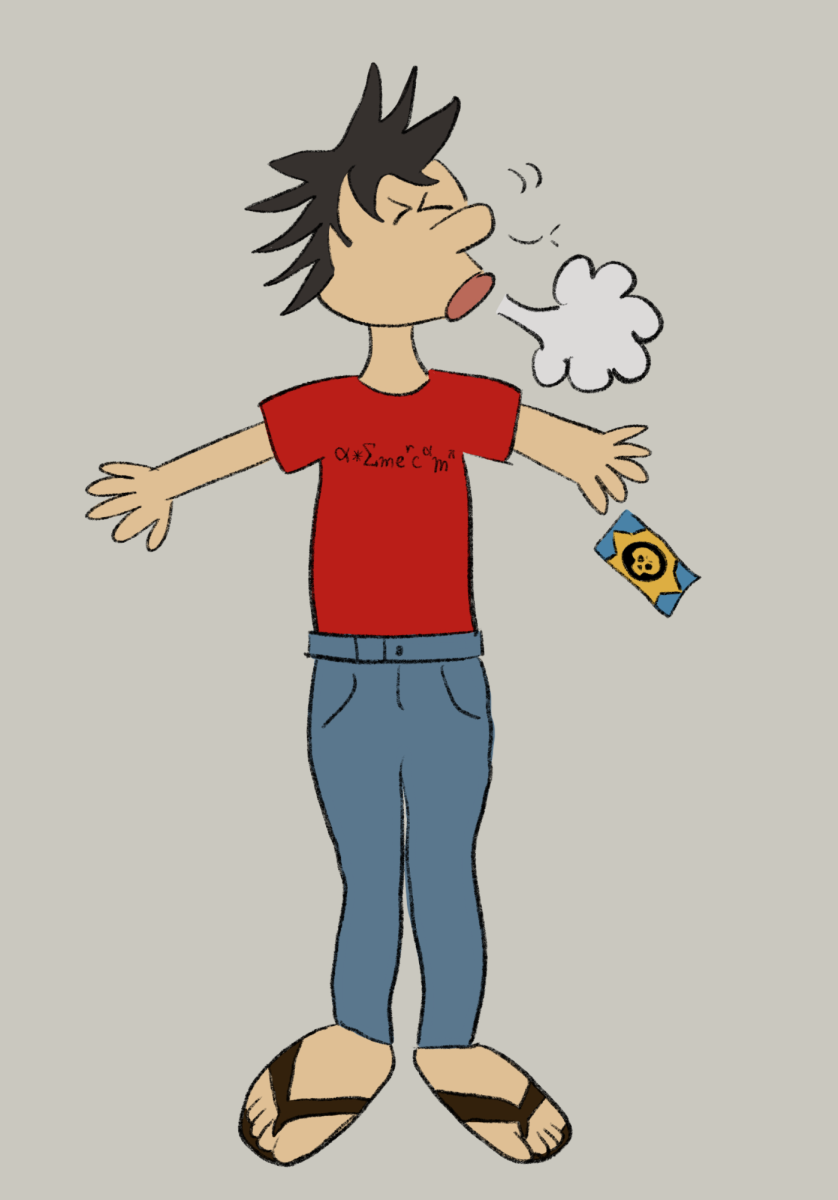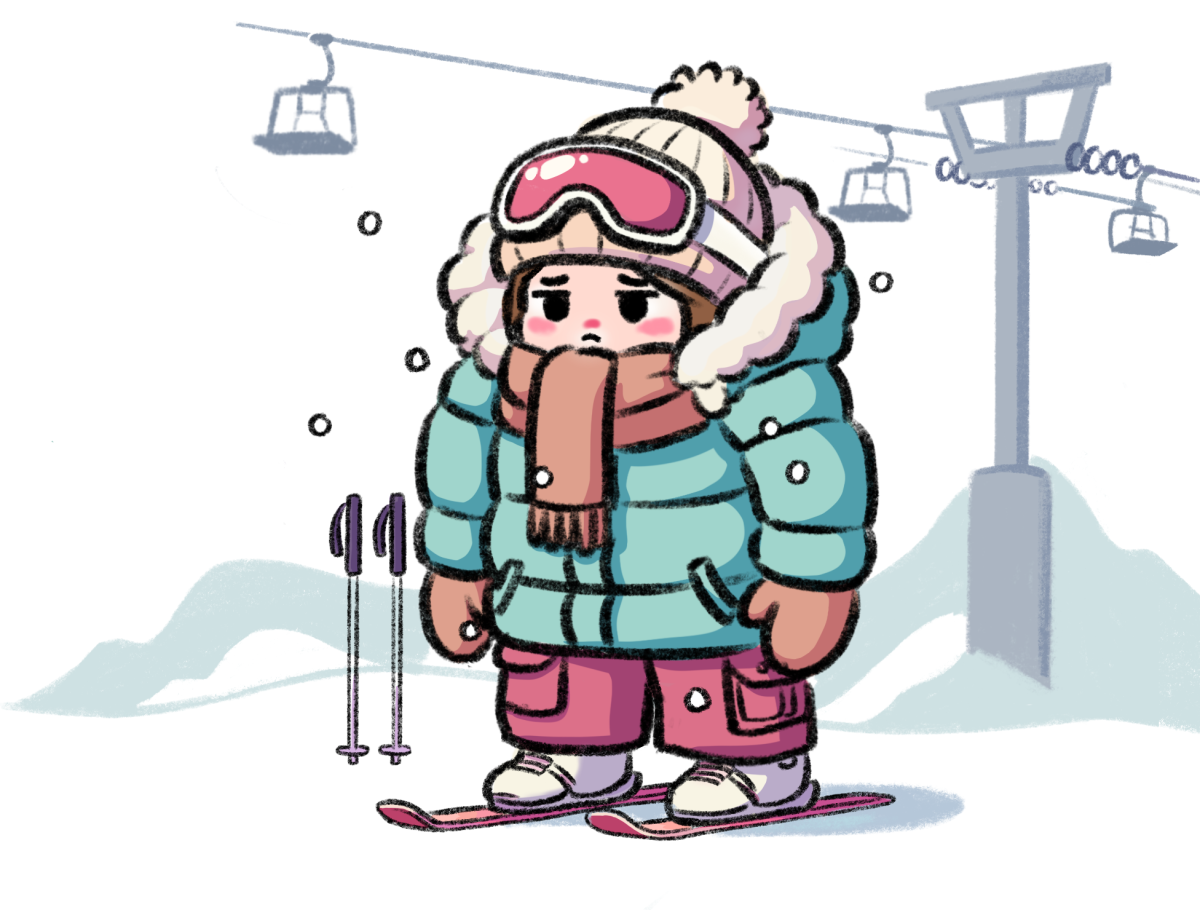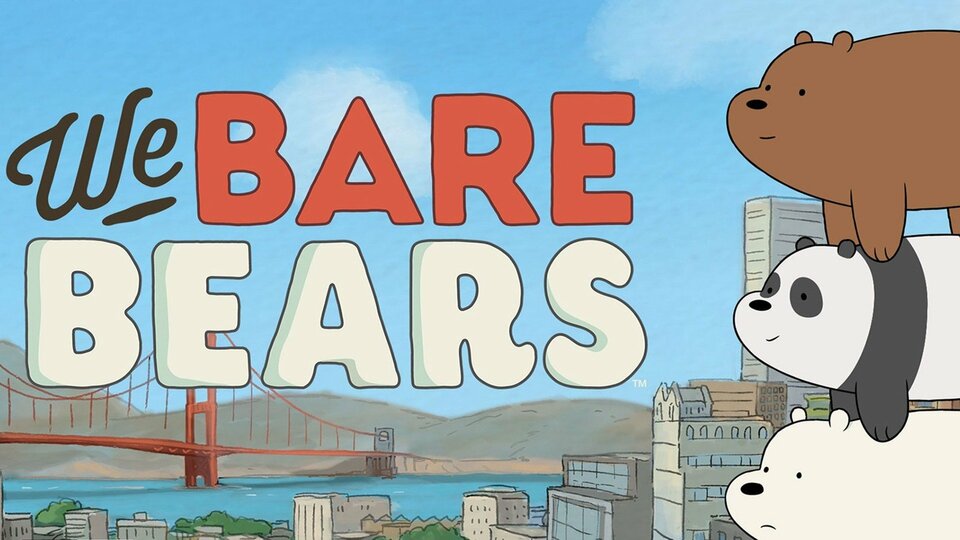Destroying your lungs may soon become more difficult in the Golden State.
On March 3, the California Senate voted to raise the legal age for purchasing and using tobacco and electronic cigarettes from 18 to 21. The legislation has already passed the state Assembly, but has yet to be signed into law by Democratic Gov. Jerry Brown.
This bill would not only raise the age limit, but also begin to regulate electronic cigarettes in the same manner as tobacco products, increase smoking-free areas, and allow counties to levy taxes on cigarettes higher than the current 87 cent per pack state tax — all measures designed to curtail the number of smokers statewide.
Yet this paternalistic measure is a misguided move. Although supporters of the bill portray themselves as valiant crusaders saving a vast number of young adults from exposure to King Nicotine, they neglect to paint the equally compelling picture of themselves as officious violators of individual rights bent on creating a “father knows best” society.
The government seems to have forgotten one of the core principles of the collective United States conscience: Individuals have the right to do as they please so long as their chosen course of action does not interfere with another individual’s pursuit of happiness (for example, that is why we have valid laws preventing smoking in a restaurant).
Consider this. At the age of 18, citizens enter that magical stage of life called adulthood, and with this rite of passage one gains a number of notable rights, as well as more serious penalties. Adults can register to vote, sign legally binding contracts, have consensual sex with another adult, join the military, and do just about any legal activity aside from buying alcohol (why the age for alcohol is 21 is a whole other debate). On the flip side of the coin, crimes now entail more serious consequences, and an adult can spend his or her life behind bars for committing a felony.
The logic behind all of the legal changes that accompany one’s 18th birthday rests on the premise that by this age, individuals are independent, autonomous and rational beings deemed by the government as capable of making informed choices for themselves, and facing the repercussions when they do not. By 18, individuals are well-aware of the deleterious effects smoking has on one’s health.
So if lawmakers assume adults can’t be trusted to make good choices regarding the issue, then they ought to seriously re-evaluate the age they have assigned to adulthood in the first place. Why grant someone so completely irresponsible the ability to fight for his or her country? The irony cuts deep.
Of course, not all adults are reasonably sane. There is no doubt that cigarettes are a detriment to one’s health, and there will always be those who know the effects of smoking and choose to partake anyways. Some may even become nicotine addicts (contrary to popular belief, by the way, one taste of nicotine will not immediately hook a user and enslave him or her to a life of drug abuse). Yet every individual ought to have the power to harm his lungs if he or she so chooses. But since most citizens don’t have this desire, most reasonable people ages 18-21 won’t become full-fledged nicotine addicts if they’re aware of the realities of addiction.
Nevertheless, laws are important guidelines that can help citizens lead responsible lives. By no means am I entertaining the idea that middle schoolers should be able to pop into the nearest Safeway and pick up a pack of cigarettes — there absolutely should be a law banning smoking until 18. Laws should also require tobacco companies to honestly label their drugs with the precise effects they will have on users, so that citizens are making an informed decision upon purchase.
Yet what is troubling with the proposed legislation is that if passed, it would set a frightening precedent, and leave one to wonder just where exactly the bureaucratic babysitting ends. Raising the smoking age to 21 is as far as the government can go before just banning smoking altogether — and that is the worst possible action it could take.
Say that the California government essentially makes a choice for everyone and bans smoking in the state. Not only will the government have overstepped its bounds, intruding on citizens’ personal autonomy, it also will have operated on the assumption that citizens will simply stop wanting the drug just because the law dictates they should. If anything, this could not be further from the truth. It is simple psychology: Once the government starts playing at grandfather, it will only make its citizens want the “forbidden fruit” all the more.
Yes, citizens will probably have to work harder to attain cigarettes, but these efforts will only fuel underground black markets and spikes in crime rates. Meanwhile, illegal drug suppliers will laugh their way to the bank, amazed that lawmakers supply the predicament from which they can profit. And the government will sit there stupefied, having learned nothing from the era of Prohibition, when alcohol was banned in the United States.
What resulted was thousands of deaths from poisonous alcohol, the greatest period of crime in the country’s history, and a persisting disdain for the laws of the United States. If you remain unconvinced, simply check on the status of the nation’s bans on such drugs as marijuana, cocaine and heroin. Working splendidly? I think not.
Ultimately, the smoking age ought to stay at 18. According to the Centers for Disease Control and Prevention (CDC), smoking causes around 480,000 annual deaths in the United States. Meanwhile, approximately 610,000 Americans die from heart disease each year, and around 29.1 million Americans have diabetes. Although both heart disease and diabetes are linked to sugar, the government has not placed an age restriction of 21 or banned fatty foods and extra-large soft drinks.
In the same way the government cannot ban sugar for adults simply because it is harmful to one’s health, it should be careful not to go down a road that leads to banning smoking — otherwise, it threatens to bulldoze its way into the arena of personal choice with disastrous consequences for all involved.

